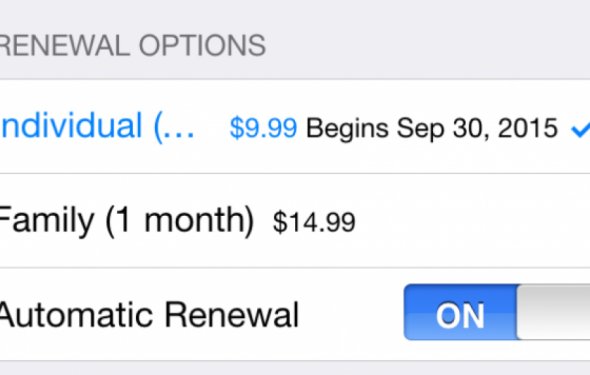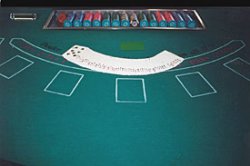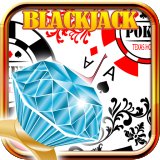Dealing Blackjack rules

 You might think that Blackjack is easy. And relatively speaking, it is. After all, you know the goal - the total of your hand must be higher than the Dealer's without going over 21. Piece of cake, right? Well, what about pair splitting or doubling down? Although there are several variations and strategies of Blackjack, we'll stick with the absolute basics here.
You might think that Blackjack is easy. And relatively speaking, it is. After all, you know the goal - the total of your hand must be higher than the Dealer's without going over 21. Piece of cake, right? Well, what about pair splitting or doubling down? Although there are several variations and strategies of Blackjack, we'll stick with the absolute basics here.
The Basics
As with all casino table games, don't forget to check the minimum bet at the table. Your next move at the Blackjack table is to place a wager in the betting area, which is usually a circle or square. If you happen to place the wager in the wrong area, don't worry, the Dealer will let you know.
Next, Players and the Dealer are dealt two cards each. One of the Dealer's cards faces up and the other faces down. Most casinos are moving toward dealing the Player's cards face up. If this is the case, DON'T TOUCH YOUR CARDS! The casinos are paranoid about cheaters. If you're at a table that deals your cards face down, you may pick them up, but only use one hand.
The cards in Blackjack hold their face value, with the face cards equaling 10 and an Ace is considered a 1 or 11, whichever is more advantageous to your hand.
Once all cards have been dealt, the Dealer will look to the first Player to his left and move to each subsequent Player for a decision to take an additional card (hit) or accept the hand (stand). We will assume that you're sitting at a table where the cards have been dealt face up. If a Player decides to hit, he will scratch his finger on the tabletop and the Dealer will dispense another card. The Player may take as many additional cards as he requests until he either feels as if he may beat the Dealer's hand or he goes over 21. If the hand exceeds 21, the Player automatically loses (busts). When the Player decides to stand, he simply waves his hand over the cards.
The Dealer will play his hand once all the Players have completed their hands. First the Dealer reveals the card that is face down. If his initial two-card total was 16 or less, he must take additional cards until his total is 17 or more. If the Dealer's two-card hand totals 17 to 21, he must stand. The Dealer also will bust if his additional cards cause his card total to exceed 21.
If you lose your hand against the Dealer, you lose your wager. If you win the hand against the Dealer, you are paid even money. It is possible to tie the Dealer. In that case, you neither win nor lose, but have a push. If you receive a natural Blackjack, a two-card hand consisting of an Ace and a 10, you automatically win one and a half times your original wager. However, if the Dealer also is dealt a natural Blackjack, it is a push.
Hole carding refers to obtaining knowledge of cards that are supposed to be hidden from view in card games. The term is usually applied to blackjack but can apply to other games with hidden hole cards, like three card poker and Caribbean stud poker. So long as it does not involve the use of a device like a mirror or actions like touching the...



|
Ring Rule Diamond Blackjack Big Casino Mobile Application (Root Madness Tablets Smartphone Droid Free Games A)
|